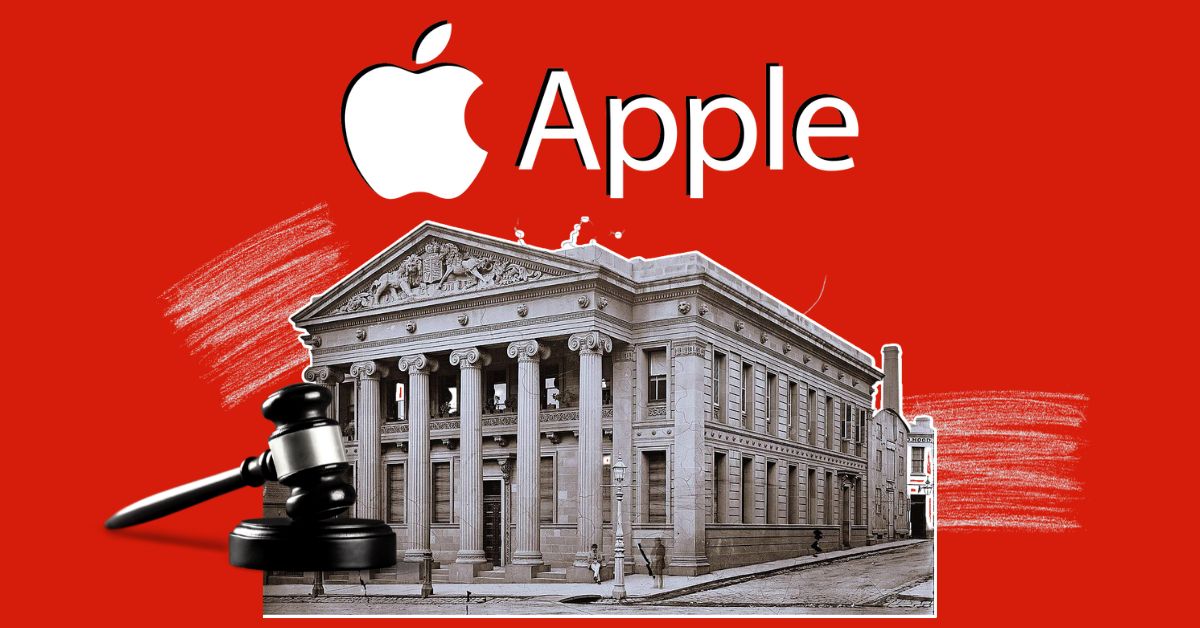Apple in Hot Water: EU charges Apple over App Store rules, alleging DMA violation
Regulatory Scrutiny
In a rising tide of regulatory scrutiny, Apple Inc. is yet again under the microscope for its app store practices. The European Union (EU) has stepped up its regulatory efforts, targeting the tech and crypto industries to promote fair competition and maintain market integrity. This approach shows how the EU is working hard to limit any potential abuse of market power by big tech companies like Apple.
Allegations of DMA Violation
The EU has specifically charged Apple over its app store rules, alleging a violation of the Digital Markets Act (DMA). The DMA aims to ensure fair competition in the digital market and prevent anti-competitive behavior by tech giants. Apple’s strict control over its app store, including rules regarding payment systems and commissions, has raised concerns among regulators about potential anti-competitive practices.
Apple’s dominance in the app store ecosystem has been a point of contention for regulators around the world. The company’s hefty commission fees and strict guidelines for developers have been criticized as stifling competition and innovation in the app market. The EU’s charges against Apple signal a growing trend of regulatory action against big tech companies to promote a level playing field for all market participants.
Effects on Individuals
For individual users, the EU charges against Apple could lead to changes in the app store environment. If Apple is found to have violated the DMA, it may be forced to make significant changes to its app store rules and policies. This could potentially result in greater choice and competition for users, as well as potentially lower prices for apps and in-app purchases.
Global Impact
The EU’s charges against Apple are likely to have far-reaching implications for the tech industry worldwide. If Apple is found guilty of violating the DMA, it could set a precedent for other regulatory bodies to take action against big tech companies for similar practices. This could lead to a wave of regulatory scrutiny and enforcement actions against tech giants in other jurisdictions, ultimately reshaping the tech landscape on a global scale.
Conclusion
The EU charges against Apple over its app store rules highlight the growing regulatory scrutiny facing big tech companies in the digital market. This case underscores the importance of promoting fair competition and preventing anti-competitive behavior to ensure a level playing field for all market participants. The outcome of this case will not only impact Apple and its users but could also have broader implications for the tech industry worldwide.





